Our Blog
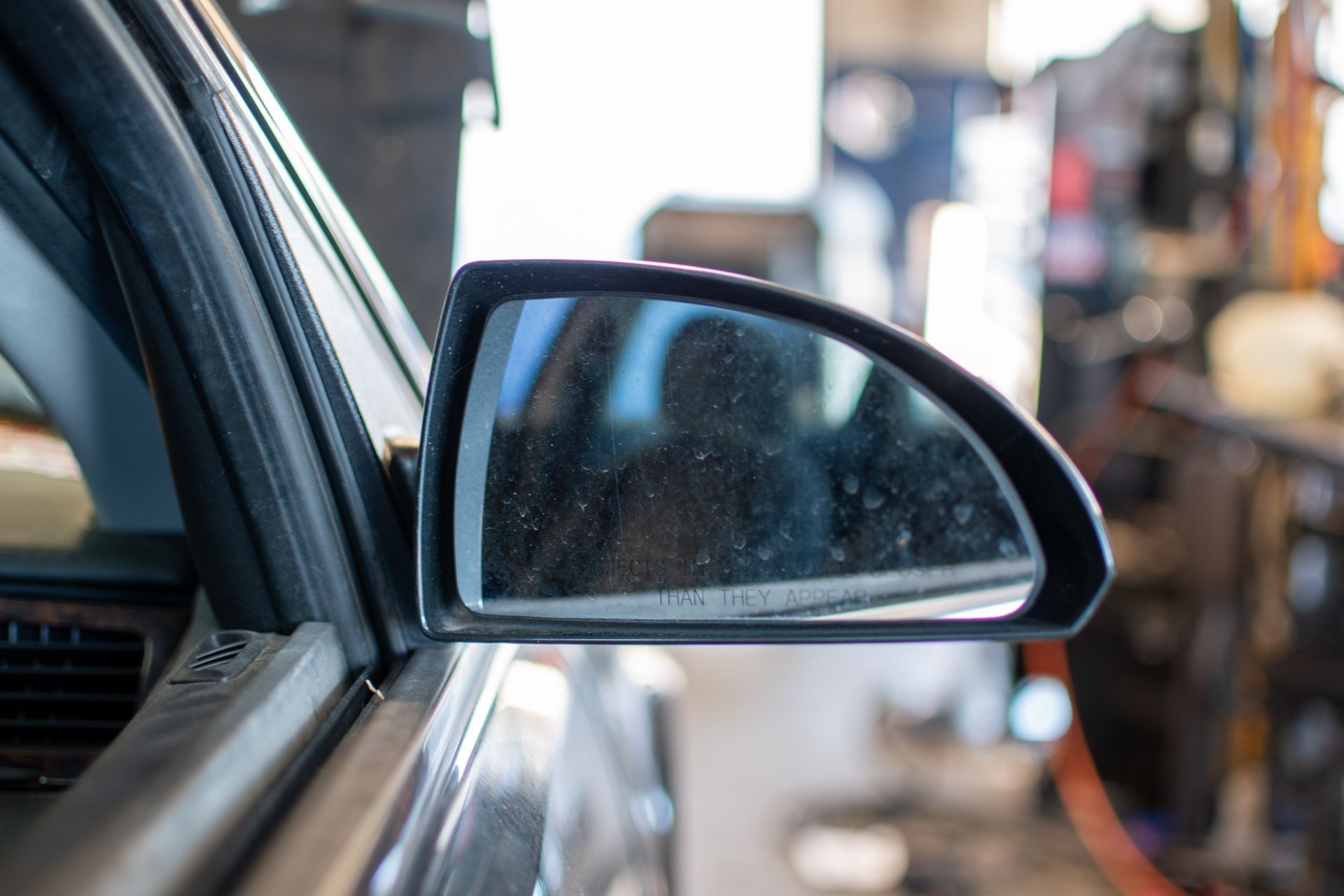
Rearview and side mirrors help you see what’s around you, while your windshield and windows give you a clear view of what’s ahead. If your mirrors are loose, cracked, or missing, it’s harder to change lanes safely. If your windshield has chips or cracks , it can block your view or even weaken the glass in an accident. Even small visibility issues can turn into big problems. A quick inspection can make sure your glass is clear and your mirrors are in place and properly adjusted. Let us help you stay focused on the road—safely and clearly. Call 972-625-1836 to make a reservation to have your windows and mirrors inspected by a certified technician.
Enhance vehicle health with expert computer diagnostics at David's Automotive Repair in The Colony, TX. Experience precision care. Schedule your appointment now!
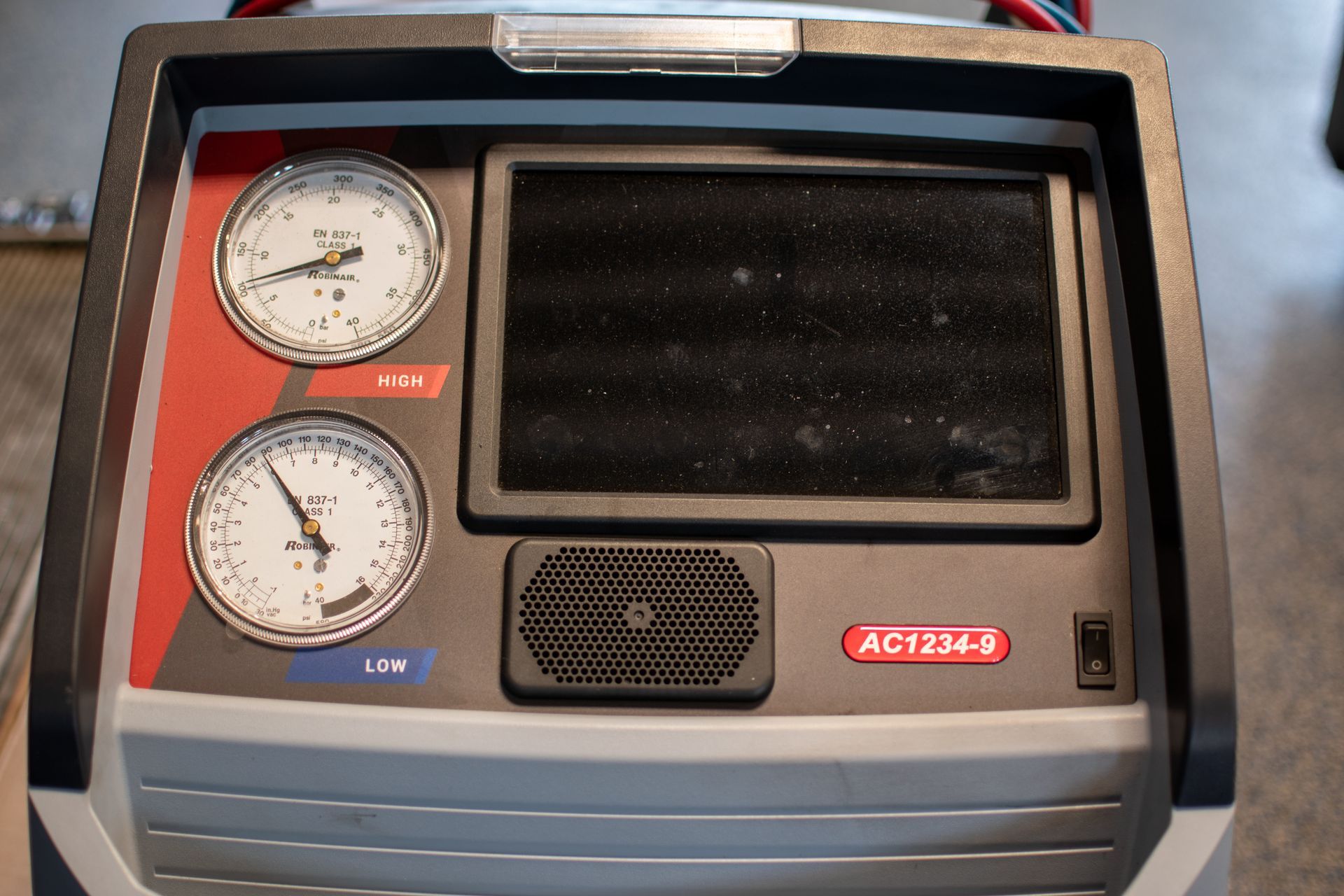
Whether you’re stuck in traffic or on a long road trip, a working A/C system keeps your family cool and focused behind the wheel. If your A/C is blowing warm air, not cooling evenly, or making strange noises. These things could mean low refrigerant, a failing blower motor, or a clogged cabin air filter. The sooner you catch it, the less likely you’ll face a full system failure when you need it most. At David’s Automotive Repair, we’ll take a look at your entire A/C system—so you can enjoy a cool, comfortable ride all summer long. Call us today at 972-625-1836 or visit our website to make your reservation. Don’t sweat it—let our team keep your A/C in top shape before the next heat wave hits.
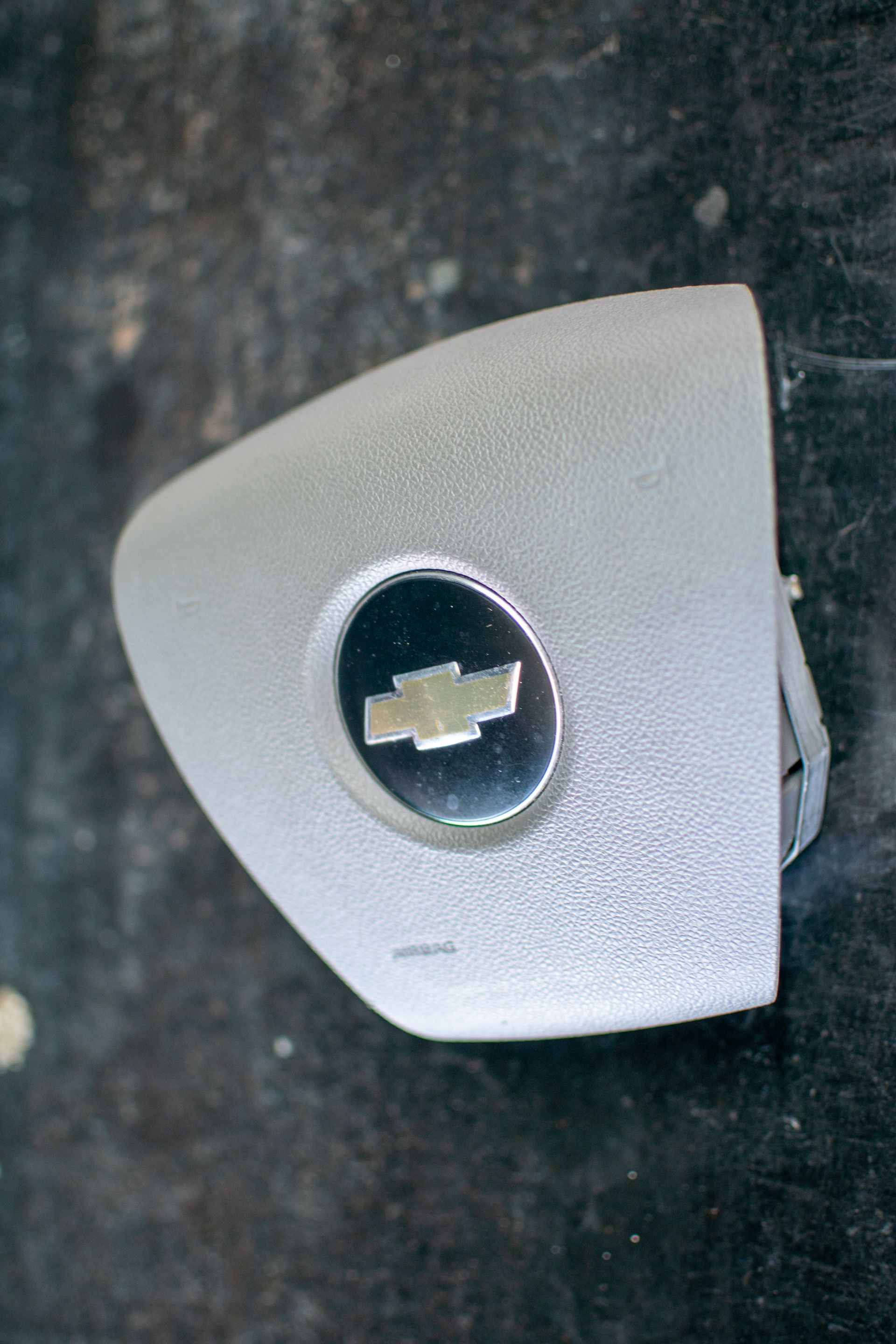
Whether you’re warning someone who’s drifting into your lane or alerting a pedestrian, your horn helps prevent accidents. If your horn sounds weak, doesn’t work at all, or sticks, it could be a sign of a problem with the wiring, fuse, or the horn itself. That’s something you don’t want to find out the hard way in an emergency. At David’s Automotive Repair, we can test your horn and make sure it’s loud, clear, and ready when you need it most. Call 972-625-1836 to make a reservation to have your horn inspected by a certified technician.
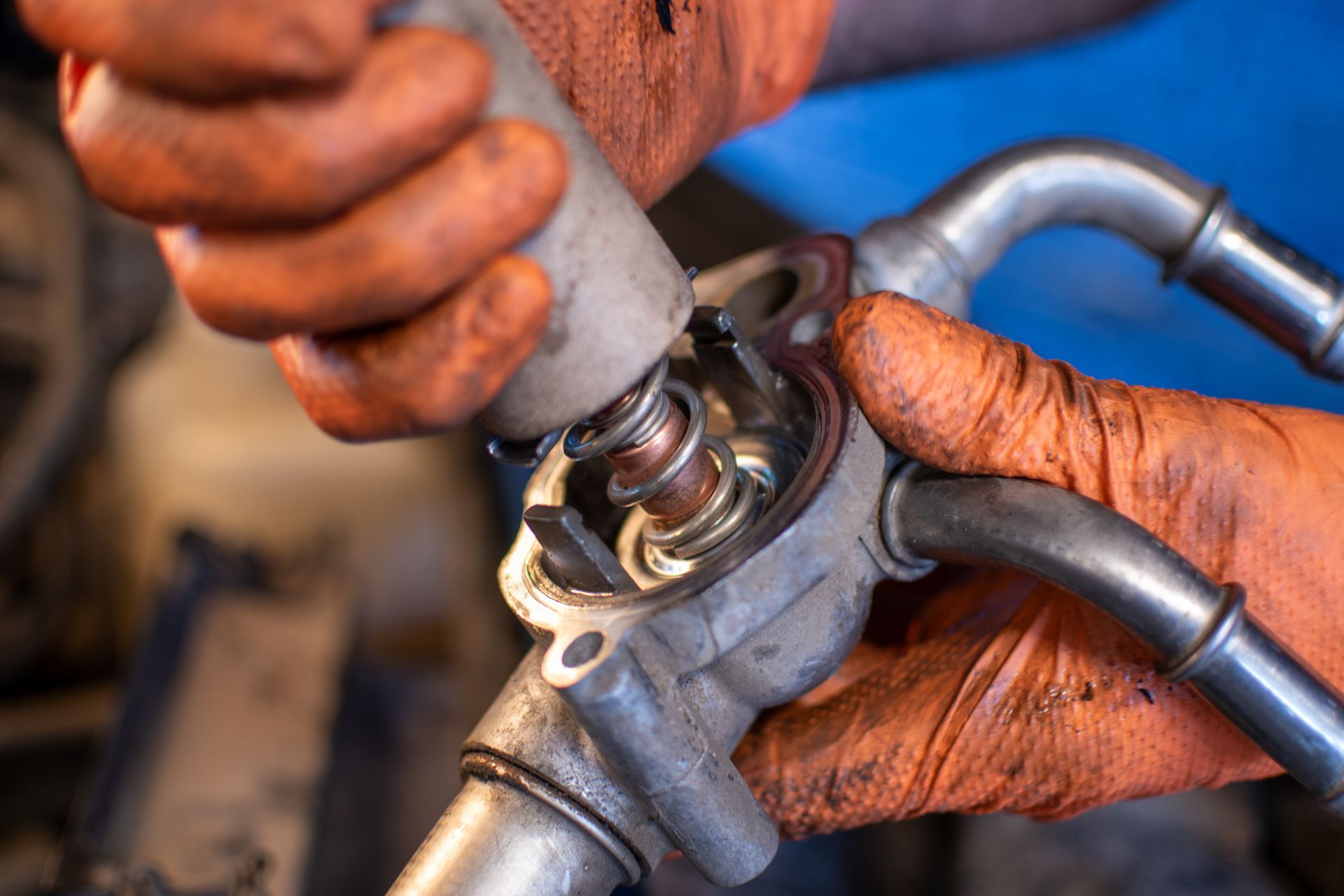
The radiator , water pump , hoses , and coolant all work together to keep your engine from overheating. If any part of that system fails, it can lead to major engine damage—and an unexpected breakdown. Signs of trouble can include rising temperature gauges , steam from under the hood , or even a sweet smell from leaking coolant. Catching these issues early can save you time, money, and stress. If it’s been a while since your last cooling system check, now is the perfect time. At David’s Automotive Repair, we can inspect your coolant levels, test for leaks, and make sure your car is ready to handle the summer heat in North Texas. Our technicians are here to keep you and your vehicle safe on the road. Give us a call at 972-625-1836 or book your reservation online to stay ahead of the heat. Your engine will thank you.
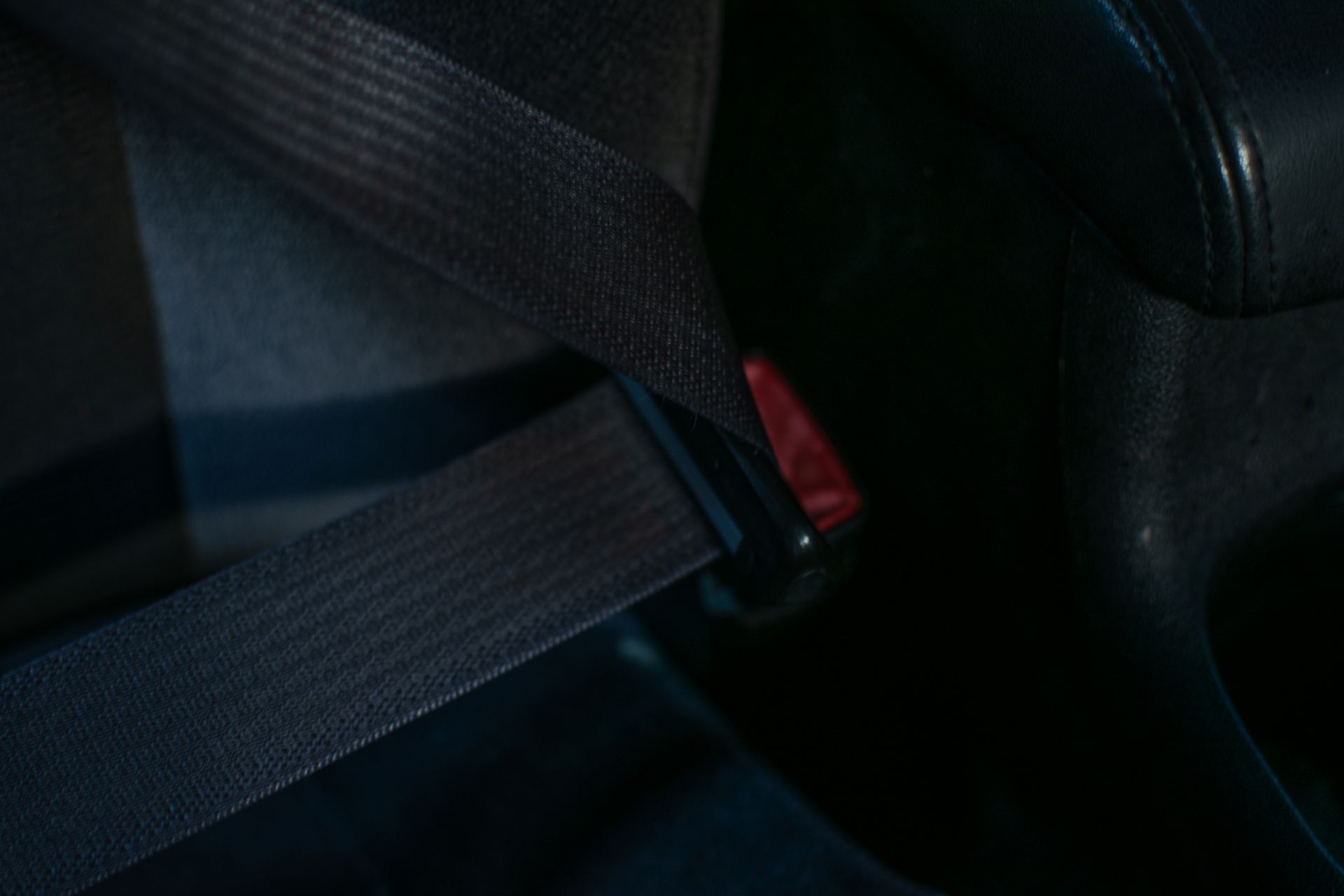
But seat belts can wear out. If they don’t latch properly, retract fully, or show signs of fraying, they may not protect you the way they should. A quick inspection can catch these issues before they become a danger. At David’s Automotive Repair, we can check your seat belts to make sure they’re working right—so you and your loved ones stay safe on the road. Call 972-625-1836 to make a reservation to have your seat belts inspected by a certified technician.
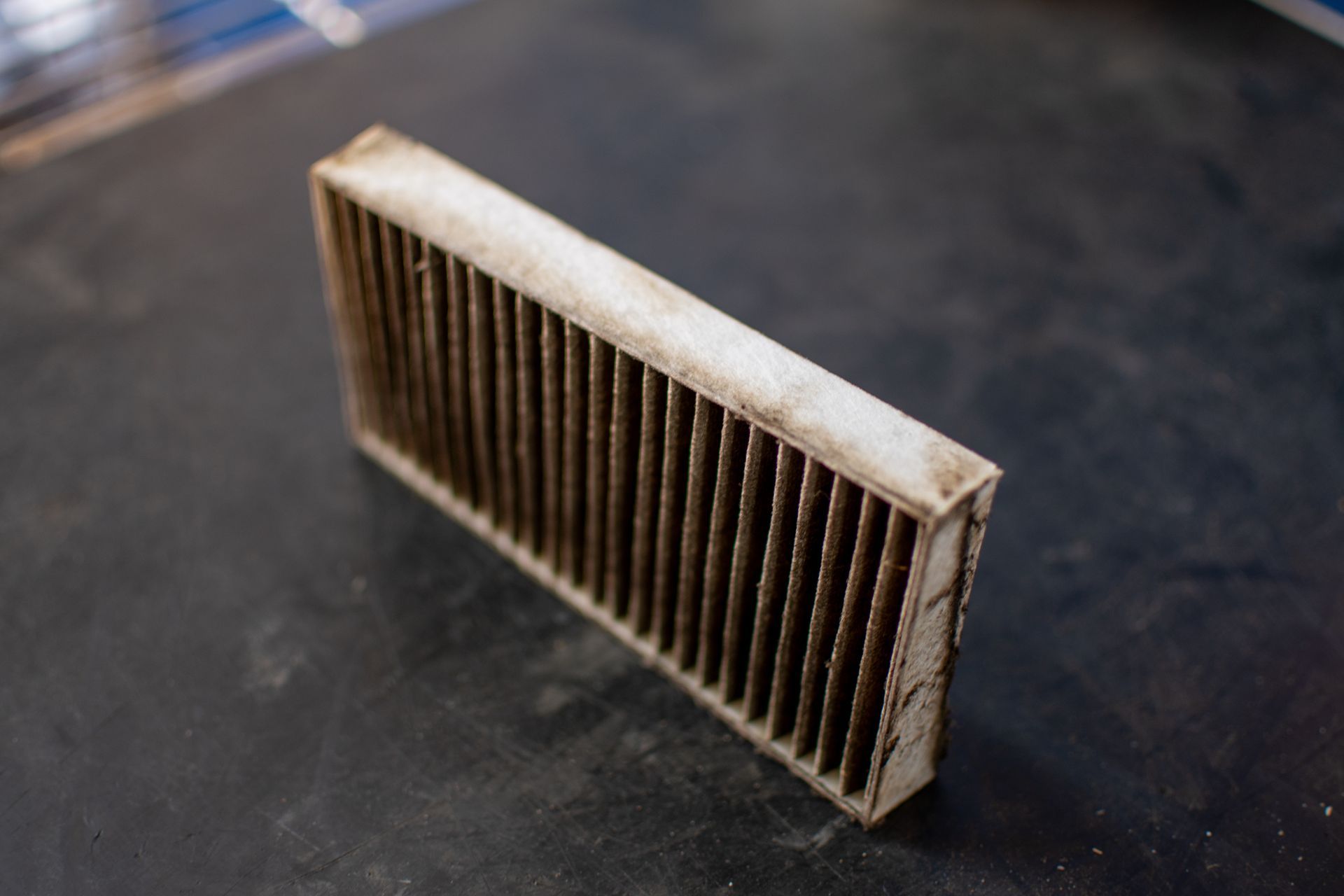
Your cabin filter helps trap dust , pollen , and road debris before it reaches the inside of your vehicle. During hot and dry summer months, those particles increase. If the filter gets clogged, it can: Reduce airflow from your vents Make your A/C work harder Fill the cabin with musty air. If your car smells stale, the air seems weak, or your allergies act up while driving, your cabin filter might be overdue for a change. Replacing it is a simple fix that makes a big difference—especially if you’re planning a summer trip or spending more time in the car. Call 972-625-1836 to schedule a reservation and let us check your cabin filter. Breathe easy and stay cool this summer.
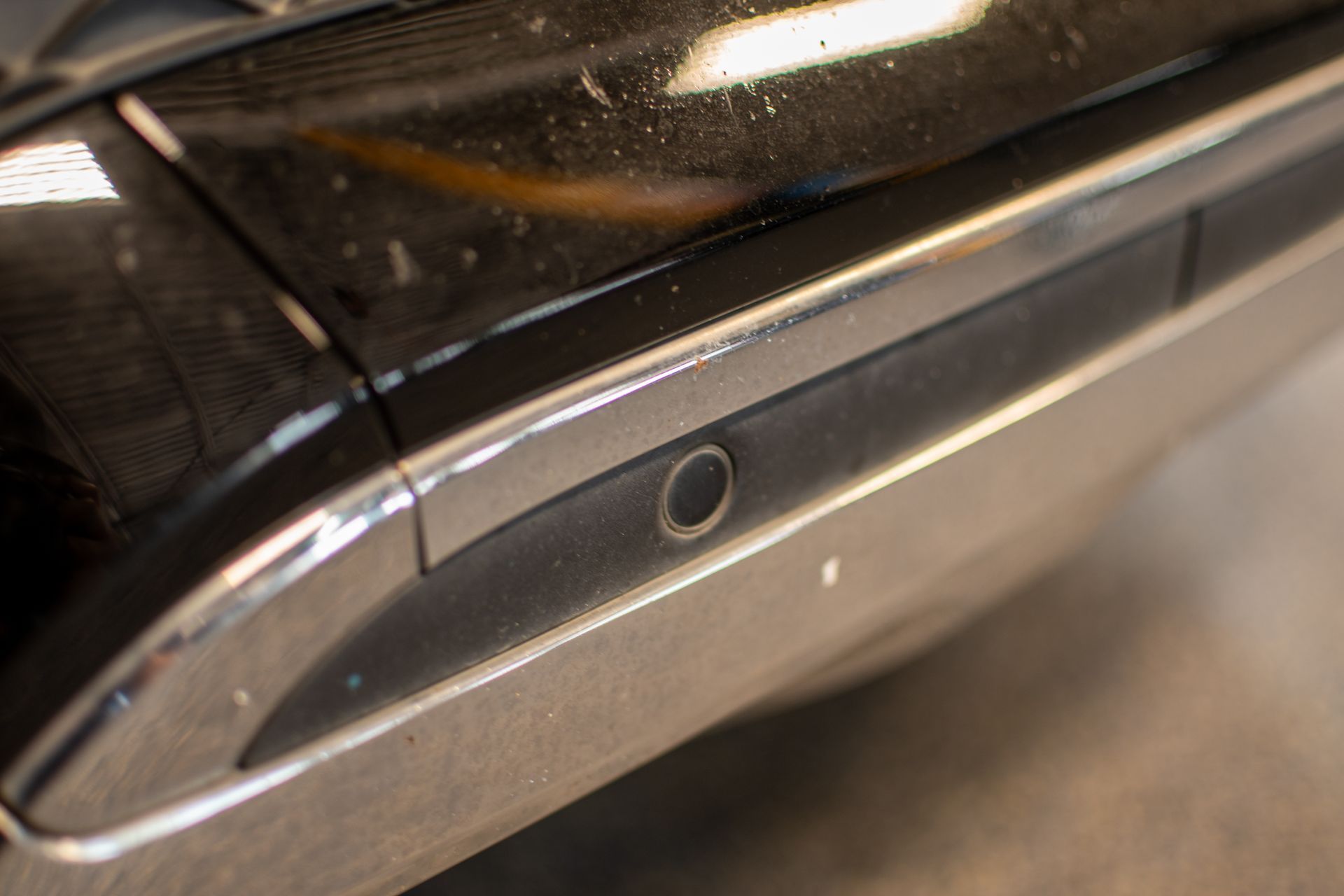
These are called ADAS , or Advanced Driver Assistance Systems . They’re especially helpful during the 100 Deadliest Days of Summer . Features like: Blind spot monitoring Lane keep assist Automatic emergency braking These systems work in the background to help drivers stay safe. But for these systems to work properly, everything needs to be clean, connected, and calibrated. Summer dust, bugs, and road grime can block cameras and sensors without you even noticing. A dirty lens or damaged sensor could stop these features from working. This can be a big risk—especially for teen drivers or families taking road trips. If your car’s warning lights are on, or if your safety features seem off, don’t ignore it. We can help test and reset these systems so they work the way they’re meant to. Call 972-625-1836 to schedule a reservation and let us help keep your family safe this summer.
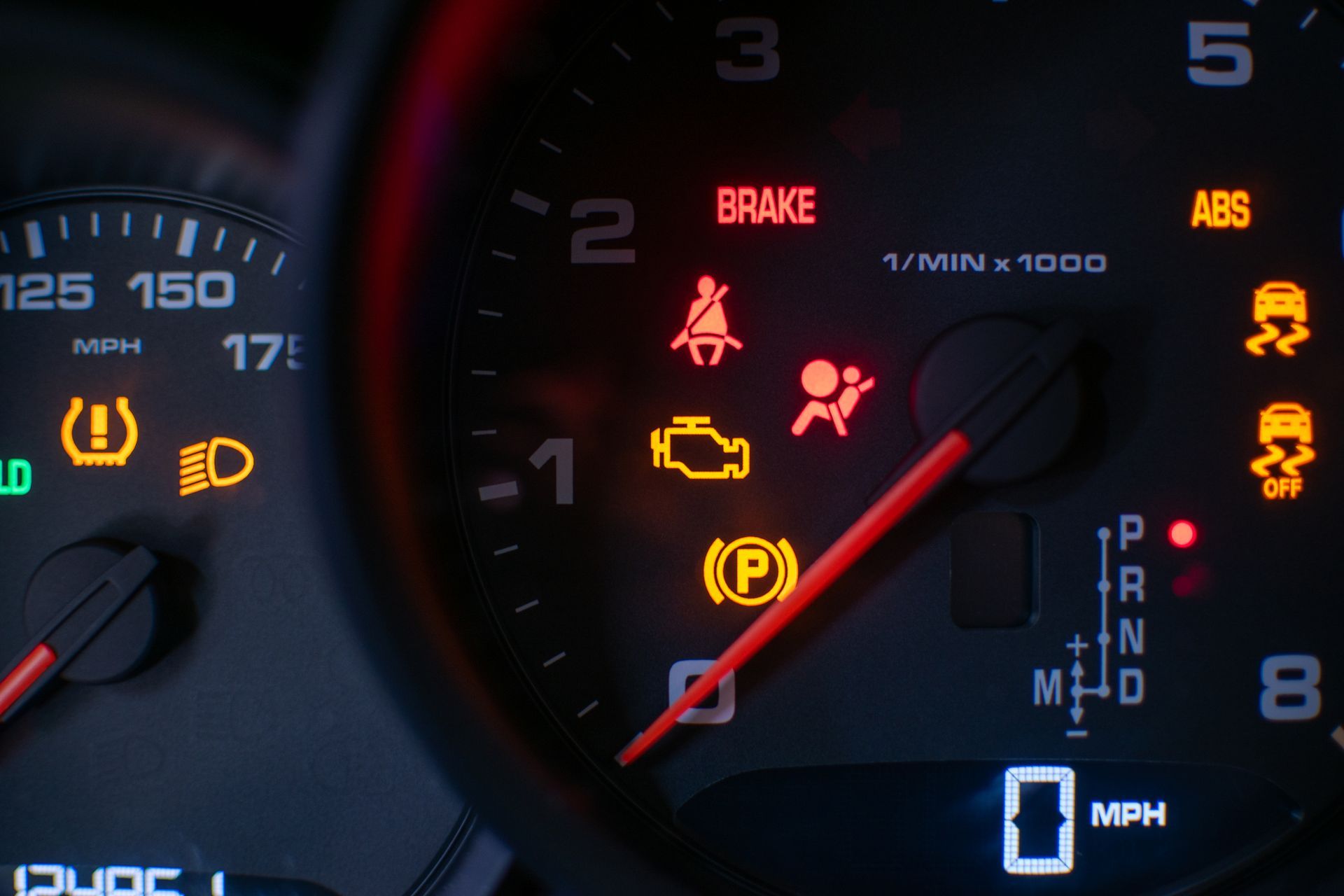
It’s a common North Texas summer issue, and it doesn’t always mean something serious. But it does mean your vehicle needs attention. Heat can put extra stress on your engine, sensors, and emissions system. A loose gas cap , a misfiring sensor , or even an overheating engine can trigger the light. Sometimes, it’s just a small problem that’s easy to fix. Other times, it could be the start of something bigger. Ignoring the light can lead to more damage, especially if you’re planning a summer road trip or if your teen is using the vehicle. It’s best to get testing and analysis done right away so we can find the cause and get it fixed before it becomes a major repair. Call 972-625-1836 to schedule a reservation. We’ll help you stay safe, cool, and worry-free this summer.
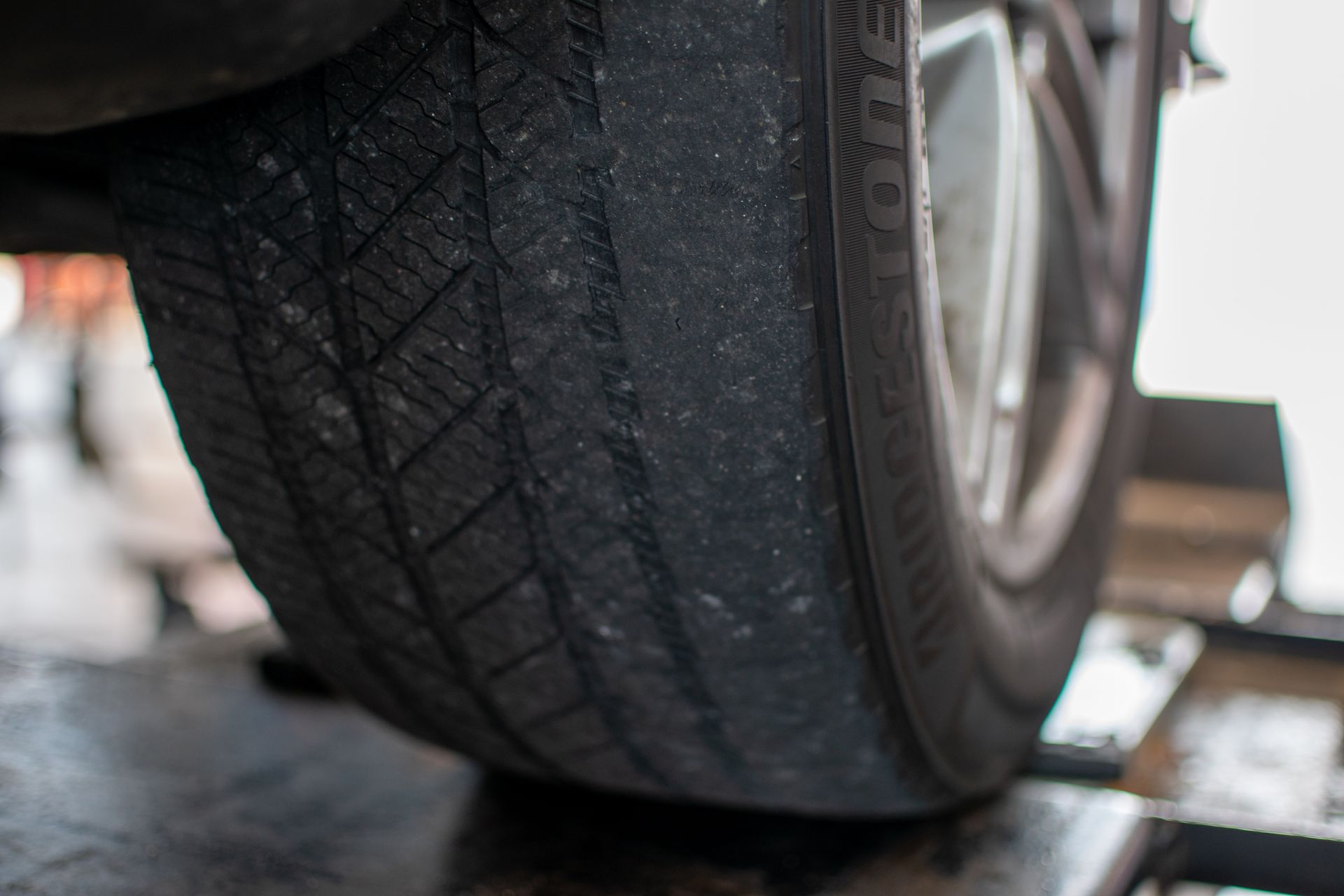
Worn tires can’t grip the road the way they should, especially during sudden stops or rain. If your tread is low or the rubber is cracked, your car may slide instead of stopping. Low tire pressure is also a common summer problem—it can lead to blowouts or uneven wear. Brakes are just as important. If they squeal, feel soft, or make the car shake when stopping, it’s time to have them checked. Waiting too long can damage other parts of your braking system, making repairs more costly—and your car less safe. Before any summer road trip—or before handing the keys to your teen—make sure your tires and brakes are in good shape. Need help with a safety check? Call 972-625-1836 to schedule a reservation. We’ll make sure your car is ready for the road.



